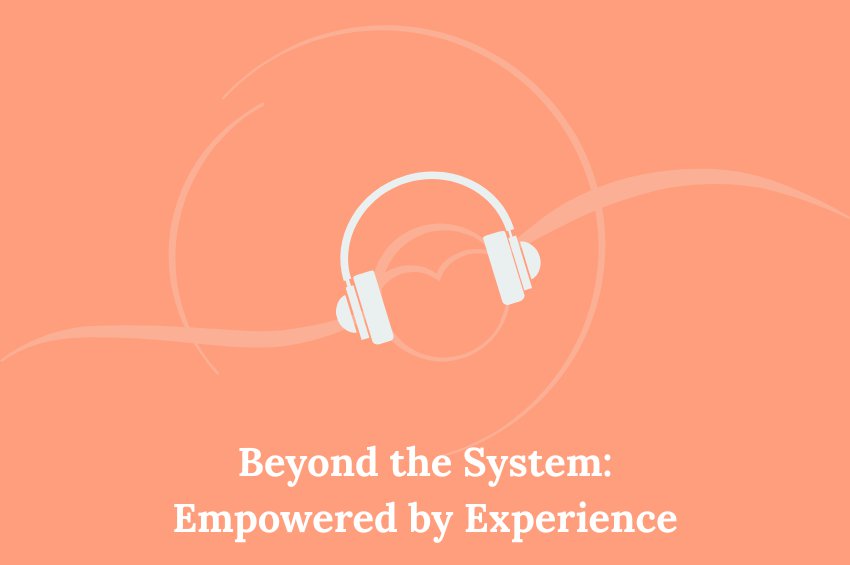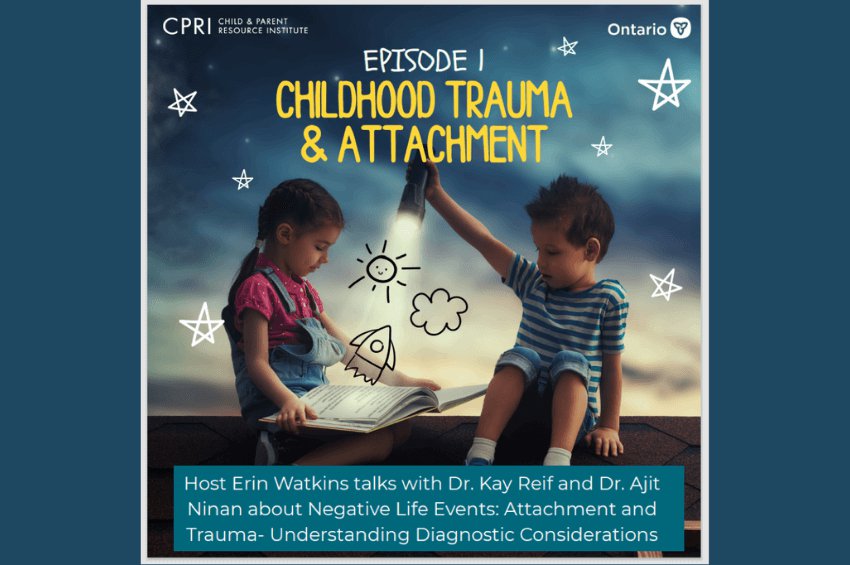Search
Search
Podcasts

Free
In an approximately 15-minute podcast, Susan Rodger explores school stress for teachers, distinguishing healthy from toxic stress and suggesting ways to boost mental health for both educators and students.
- Created by EdCan Network.
Podcasts

Free
In a roughly 45-minute podcast, Dr. Bruce Perry joins Dr. Hanson and Forrest to explore the profound impact of childhood experiences, blur the lines between trauma and stress, and share insights on healing from these experiences.
- Created by Being Well Podcast
Podcasts

Free
The core purpose of this podcast is to raise awareness about trauma, particularly as it relates to (former) youth in care, and to advocate for systemic change. Created by a group of former youth in care, child welfare professionals and advocates in the field, they aim to share stories, provide educational content, and discuss policy advocacy, while centering the voices of those with lived experience.
- Created by the Canadian Consortium on Child and Youth Trauma.
Podcasts

Free
In this podcast, Krista Forand, registered psychologist, interviews researcher Dr. Nicole Racine about her research related to parenting, maternal mental health and social support.
- Created by Brain Child.
Podcasts

This podcast, hosted by Vicki Enns, CTRI Clinical Director, MMFT, RMFT, addresses topics often discussed by professionals providing counselling, including imposter syndrome, power of play, sexuality, culture, identity, and much more.
- Created by the Crisis and Trauma Resource Institute.
Podcasts

Free
CPRI brings to you a series of podcasts to support mental health professionals working with children and adolescents who have complex mental health challenges. In the first episode (1 of a series of 3), the impacts of trauma on child development and how it can present to a health professional using a developmental lens are explored. Learn about how trauma affects behaviour and relationships, different trauma diagnosis, and the impacts of pathogenic care.
- Created by the Child and Parent Resource Institute (CPRI).
Podcasts

Free
In a roughly 30-minute podcast, Dr. Margaret Blaustein, Ph.D. and co-developer of the ARC Model, introduced and discussed the Attachment Regulation and Competency (ARC) Model, providing an overview of its purpose and principles.
- Created by Attachment Theory in Action and Margaret Blaustein.
Free
In a roughly one-hour podcast, Bruce Perry delved into his latest book "What Happened to You" and discusses trauma, impacts of trauma, intervention and trauma-informed care as an approach to be implemented in various settings, such as schools.
- Created by Trauma Informed Educators Network Podcast.
Podcasts

In this podcast, they discuss how stigma is a barrier for children and adolescents accessing early interventions for mental health--despite its potential to change the trajectory of their lives. Mental health stigma contributes to bullying and social isolation of children, and blaming of parents. We discuss stigma, fear, stereotypes and misinformation toward parents and families with children with mental health issues.
- Created by Dr. Angelique Jenny and Dr. Carmen Logie.
Podcasts

In this episode they talk about stigma around sexual violence and how this impacts sexual violence disclosure experiences (and decisions of whether or not to disclose) as well as the intersectional impacts of stigma on who is believed (and who is not) in disclosing sexual violence.
- Created by Dr. Ramona Alaggia and Dr. Carmen Logie.



